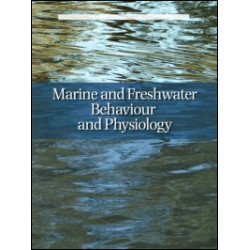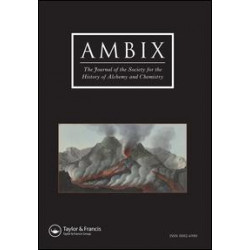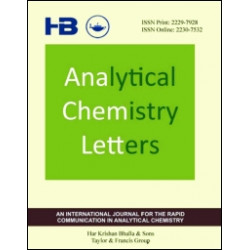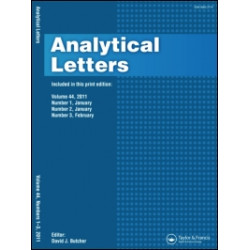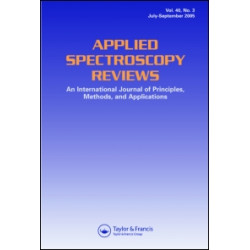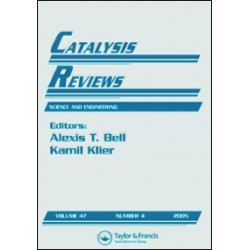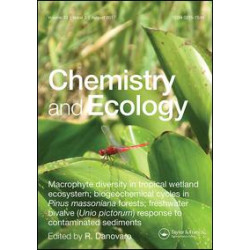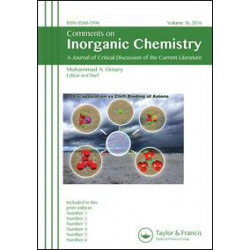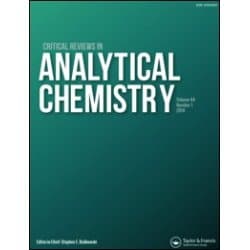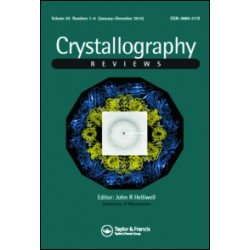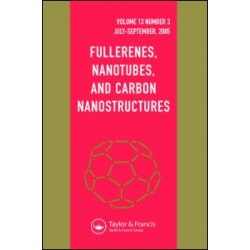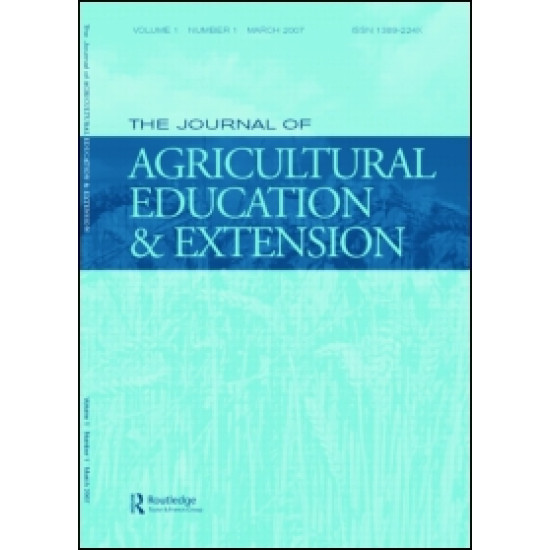
The Journal of Agricultural Education & Extension is published to inform experts who do or use research on agricultural education and extension about research conducted in this field worldwide. Information about this research is needed to improve policies, strategies, methods and practices for agricultural education and extension. The Journal of Agricultural Education & Extension accepts authorative and well-referenced scientific articles within the field of agricultural education and extension after a double-blind peer review process.
Agricultural education and extension faces profound change, and therefore its core area of attention is moving towards communication, competence development and performance improvement for a wide variety of fields and audiences, most of which can be studied from a multi-disciplinary perspective, including:
- Communication for Development
- Competence Management and Development
- Corporate Social Responsibility and Human Resource Development
- Design and Implementation of Competence–based Education
- Environmental and Natural Resource Management
- Entrepreneurship and Learning
- Facilitating Multiple-Stakeholder Processes
- Health and Society
- Innovation of Agricultural-Technical Education
- Innovation Systems and Learning
- Integrated Rural Development
- Interdisciplinary and Social Learning
- Learning, Conflict and Decision Making
- Poverty Reduction
- Performance Improvement
- Sustainable Agricultural Production
The Journal of Agricultural Education & Extension sees as the purposes of agricultural education and extension to prepare students for leadership, management, and technical support roles, to further develop the public, independent workers, volunteers and professionals, and to improve practices in the fields mentioned. This should be achieved whilst balancing people, profit and planet interests.
All submissions must comply with the Instruction for Authors.
Peer Review
The Journal of Agricultural Education & Extension ensures that all articles published in the journal have undergone rigorous peer review, based on initial screening by the editorial committee and anonymous refereeing by two referees who are active in the academic community. The purpose of the refereeing process is to ensure that articles provide relevant and accurate material for those who do and use research, including: researchers, academics, agricultural education and extension managers, trainers and experts, communication professionals, human resources specialists, and policy makers.






